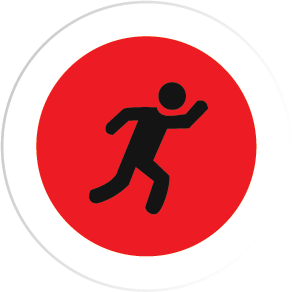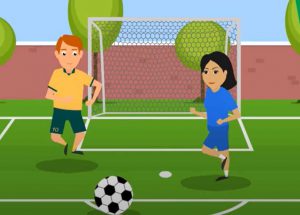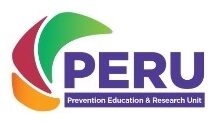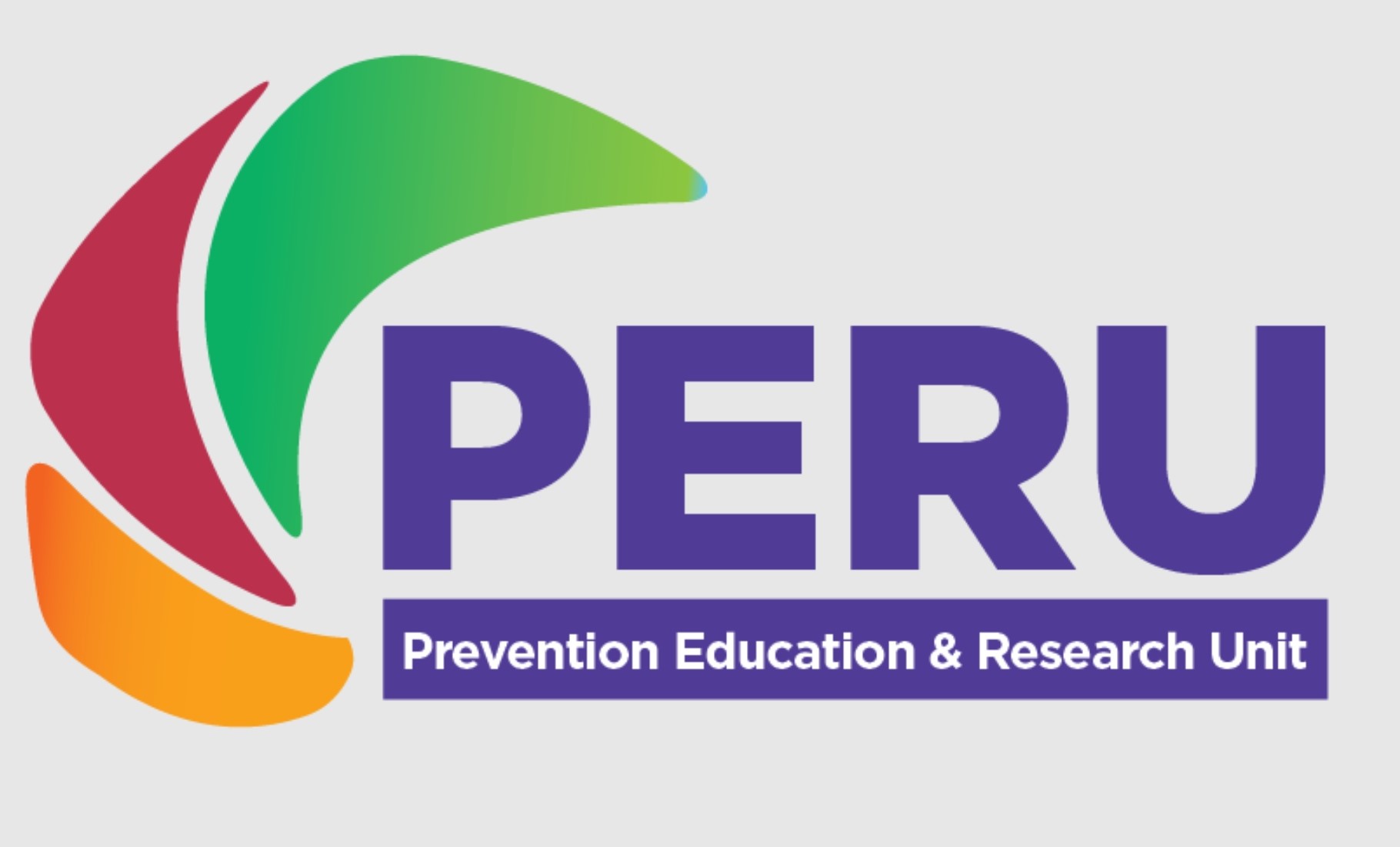Triple A Research
Research articles demonstrating the results of the Triple A program.

[ARTICLE] Comparison of two methods of training of undergraduate pharmacy students in asthma knowledge, confidence and skills
This study compared the impact of an evidence-based asthma health promotion program (the Adolescent Asthma Action or Triple A Program) with an asthma problem-based learning (PBL) case on asthma knowledge, confidence and skills of final year pharmacy students.

[ARTICLE] Improving asthma outcomes in harder-to-reach populations: challenges for clinical and community interventions
The burden of asthma differs from country to country and within populations. The factors that influence this variation include asthma prevalence and severity, aspects of healthcare services (such as accessibility, quality and utilisation) and social demographic factors (such as income inequality, cultural and linguistic diversity and indigenous populations). The identification of individuals and populations that are ‘harder to reach’, ‘special’ or at greater risk of poor asthma outcomes therefore depends on how the burden of asthma and its management are measured. Meeting the challenge of educating harder-to-reach populations with asthma is the focus of this article.

[ARTICLE] Peer-led asthma education for adolescents: Development and formative evaluation
Asthma is a major health problem among adolescents. Prior studies have identified substantial morbidity from asthma and a generally poor understanding of asthma among adolescents. There is a need to develop educational interventions to address these issues.

[ARTICLE] Peer-led asthma education for adolescents: Impact evaluation
Purpose: To examine the impact of a peer-led asthma education program on asthma knowledge, attitudes, and quality of life among adolescents.
Conclusion: Peer-led asthma education was well received in the high school setting and led to important improvements in asthma knowledge among students with asthma and their peers.

[ARTICLE] Peer-led asthma education improves quality of life in adolescents
Purpose: To examine the impact of a peer-led asthma education program on asthma knowledge, attitudes, and quality of life among adolescents.
Conclusion: Peer-led asthma education was well received in the high school setting and led to important improvements in asthma knowledge among students with asthma and their peers.

[ARTICLE] Evidence-based asthma health promotion using medical students as peer educators
The Adolescent Asthma Action (Triple A) Program is an evidence based asthma health promotion program for schools, using peers as educators. The aim of this study was to assess the feasibility and value of training medical students as Triple A Educators.



